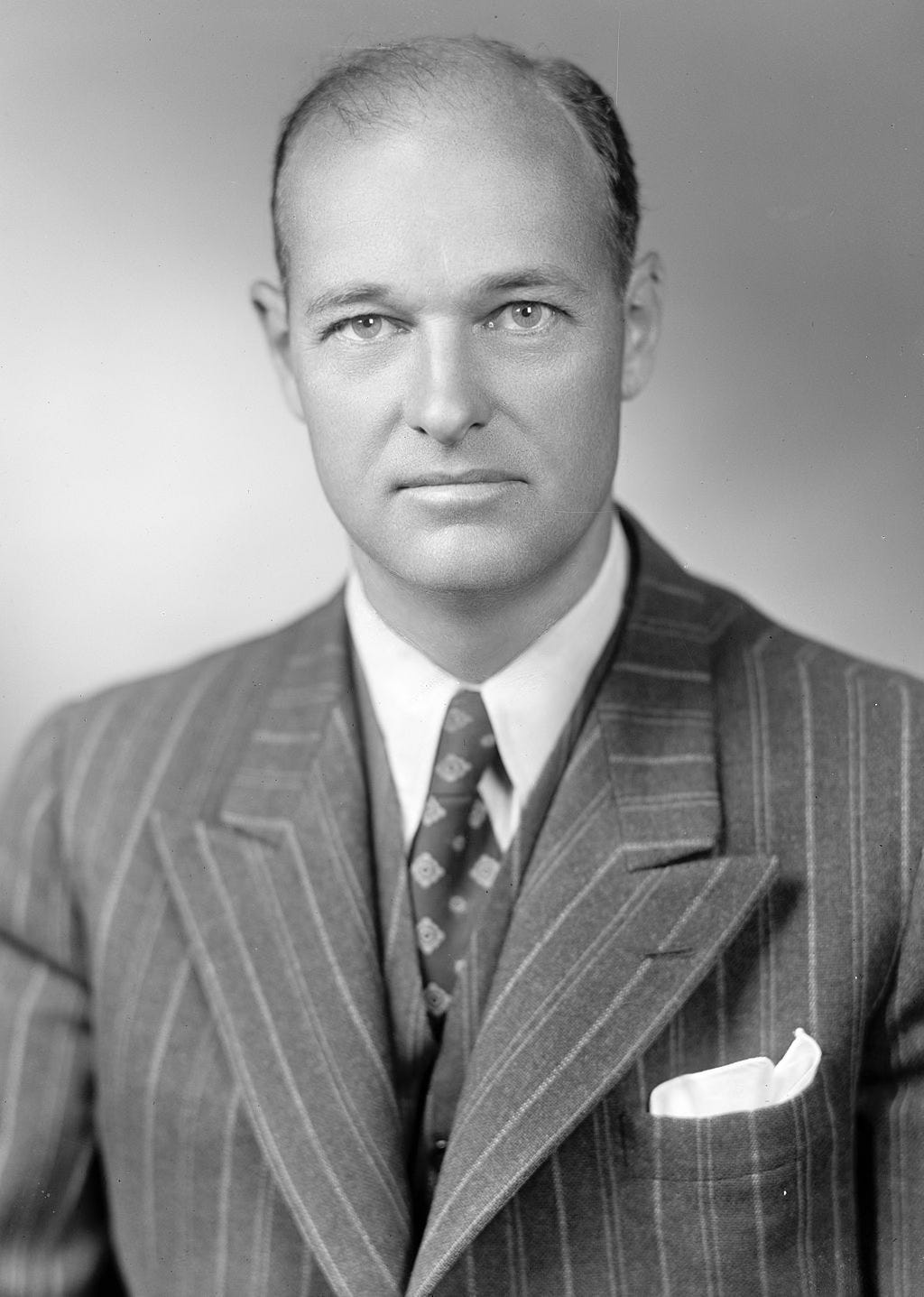You’ve all heard Newton’s story. Our boy saw an apple falling from a tree and, instead of dismissing it as an obvious thing, duuuh, apples fall from trees, that’s what they always do, he asked himself: “Why is it falling straight down?”
People have been around for a long time. Billions of us have seen billions of things falling. But Newton asked, “Why is it going STRAIGHT down?” Why not in any other direction? And why always with the same acceleration?
A quick 18 years of work later, including having to invent calculus to prove his ideas, he published his theory of gravity. All from one question.
Not all questions, or their answers, are this profound, but never stop asking them.
And why did you assume Newton’s apple was red?
What can a Florida stripper teach you?
More than all the Wall Street financial analysts put together apparently.
Foreseeing the 2009 financial crisis, but also being unsure, and nobody “serious” believing him, Mark Baum (Steve Eisman) went to see how things were on the ground.
It was during a (research) conversation with a stripper in Florida, where he learned she had 6 mortgages, and was flipping houses like they were burgers, that Mark realized things were truly fucked.
All the respectable people were looking at the same data and believed the same story, but a few chose to go out and see things with their own eyes.
It’s an information source trap
It is a trap many fall into, to inform themselves only from sanitized, mainstream information sources.
Not getting political here, relax.
Internal company reports are also a type of sanitized, “mainstream” information sources. A random chat in the elevator with someone you’d never interact with on a regular basis is not a mainstream, or sanitized source of information, if you know how to see and listen.
Like Shelby tells Henry Ford II in this scene of Ford v Ferrari, “I watched that little red folder right there go through four pairs of hands... before it got to you. 'Course that doesn't include the 22 or so other Ford employees who probably poked at it before it made its way up to the 19th floor. All due respect, sir, you can't win a race by committee”
The official, “respectable” sources are fine, but they all have a tendency of saying the same thing. That’s because they all try to be the same thing: respectable; sanitized. They’re watered down. Regressed to the mean. Corrected, domesticated and dressed nicely. This kind of information is useful in stable times, but when something unexpected happens, and it always happens, it’s useless. Therefore, it’s mostly useless.
Stay close to the ground. Talk to all kinds of people. Observe. Don’t dismiss anecdotal evidence. Don’t dismiss the extremes, or the weird. They might be foretellers of things to come.
Do you have the confidence to trust your decisions? Or trust another?
Here’s a truth of learning:
When something is so clear it can be proven with overwhelming evidence, it’s also unimportant, because everyone else has the same evidence and reaches the same conclusion
If you want to be a step ahead, you have to act before it becomes clear and supported by overwhelming evidence
It is the second part that is of interest. That’s where the real learning happens. That’s where the big bets are placed.
But, that requires confidence, and, dare I say, a bit of courage. Do you have it?
You may have that conversation with the stripper and think to yourself “the market is going to crash”, but how do you justify it to your boss? How do you prove it? And what do you do if you can’t prove it? Exactly.
That’s why most people don’t learn. First, they close their mind and don’t see anything but what they expect to see. Second, when they see something different, it scares them.
The Long Telegram
In 1946, US Secretary of State asked George Kennan, a US diplomat living in the USSR, to share his view on what kind of geopolitics the USSR is likely to pursue in the new era after World War II.
George responded with a 5500 words text, known as The Long Telegram. You can read it here, it’s fascinating.
The text addresses history, culture, systems, internal tensions and many other aspects, offering a holistic assessment of how the USSR functioned, what its objectives were going to likely be, how exactly would it pursue them, and recommendations for what the US should do to counter it.
What’s important to observe if you read the text is that George proves none of his statements. There is not one table. Not one survey. Not one statistics from the department of statistics. Not one mathematical equation. Nothing. Just his assessment. His opinion if you will, backed by his experience and his expertise.
And yet, the following things happened:
George trusted himself to issue such a wide ranging analysis and strong statements.
The US political leadership trusted George in his assessment.
The US political leadership trusted themselves to adopt George’s recommendations, leading to the policy of containment, which was the overarching US policy vs the USSR during the Cold War.
Now imagine if you take the long telegram and give it to 100 academics of various specialities and backgrounds, all intelligent and highly educated people, and ask them to debate it, and come back with the recommendations all 100 of them can agree on.
They would destroy it. They would butcher it. With good intentions, they would make it useless, and they could come back with the most watered down, toothless, middle of the road advice.
It’s not their fault. It’s how large groups work.
Learn to hate consensus and despise averages
You can’t learn by making everyone happy. You only learn by trusting yourself to take a chance.
In the book The End of Average, Todd Rose explains how an obsession with statistically mashed data, averages and standards, is ruining real understanding and progress at all levels.
There’s an old proverb back from the days of communist Romania, since we were just talking about the USSR: “If I eat two chickens, and you eat zero chickens, on average, we each ate one chicken”. It’s just dark humor, but it says so much about how the “official”, “aggregated” reports can so often miss the essence of things.
So, in closing, keep your eyes and ears open, value anecdotal evidence, don’t dismiss the extremes, ask “stupid” questions, trust yourself, and hate averages.







